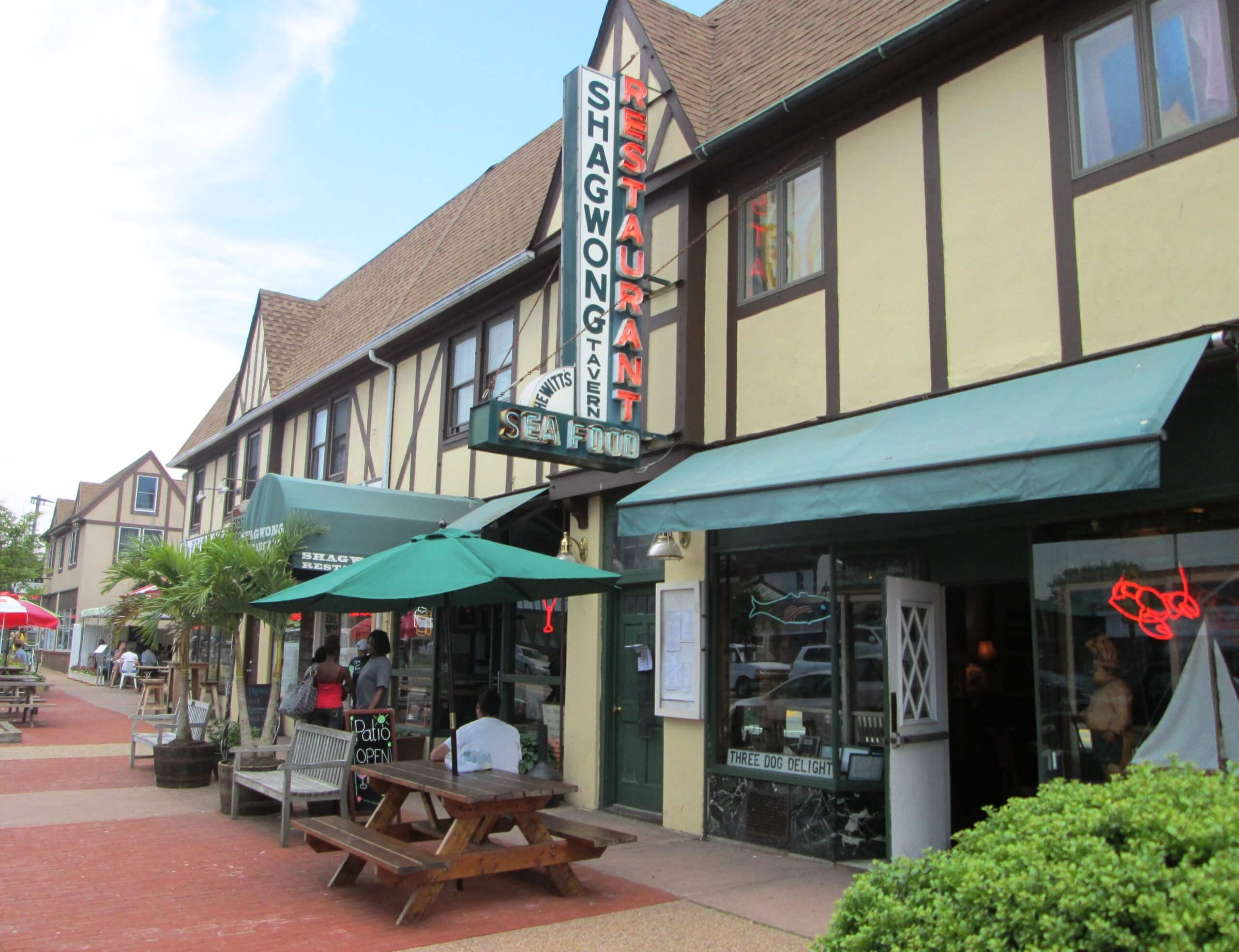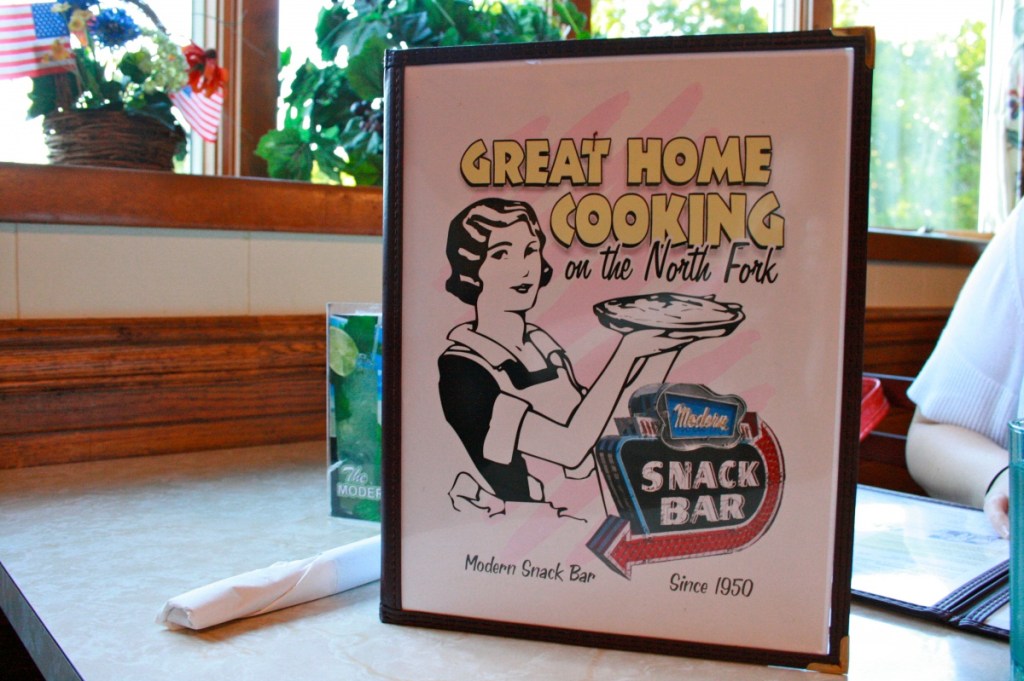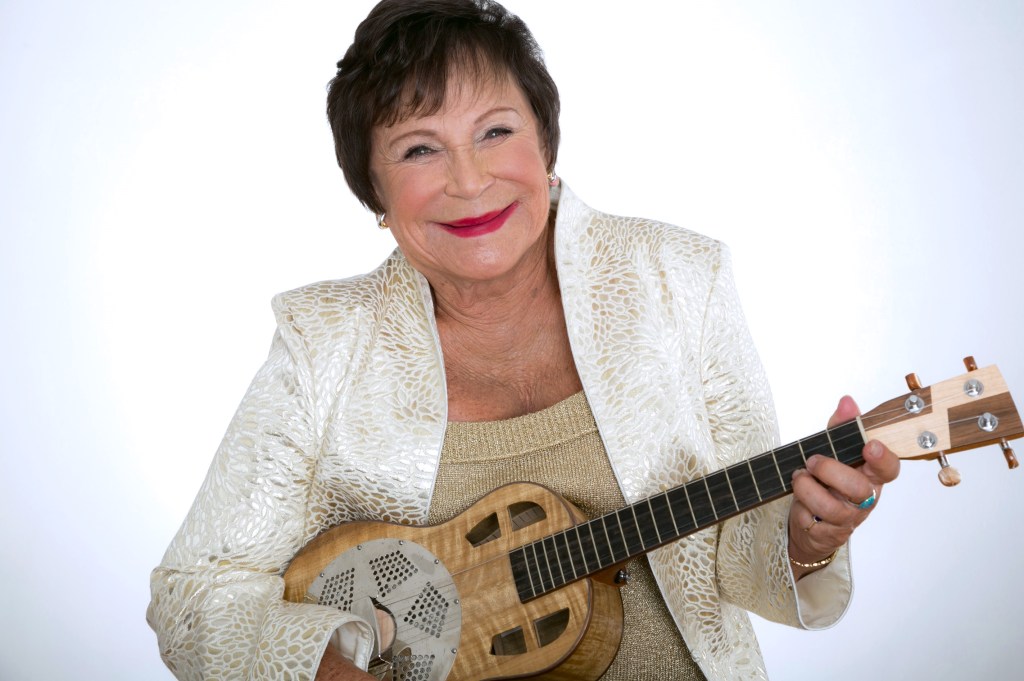Montauk 2018: Party Central Or Snooze City?

It doesn’t get any more decadent than Montauk, the summer of 2015, when the party scene was so out of control that residents finally snapped.
Four hundred angry people gathered at the Montauk Firehouse after witnessing a July Fourth weekend one resident described as “like Sodom and Gomorrah.”
It was the summer of Uber Not. The Town of East Hampton banned the app-driven taxi service; this made things worse for the thousands of revelers looking for a way out of Montauk at 4 AM.
Over-occupancy was rampant. The Homeaway.com vacation rental site reportedly had 500 Montauk houses listed for short-term rentals.
People roamed the streets with drinks in hand, and public urinating was commonplace.
“We’ve gotten to that stage where things are so out of control that the public is now in danger,” said Richard Kahn, the co-chair of the Concerned Citizens of Montauk.
“You’ve got people lying in the road, people staggering in the roads,” James Grimes remarked.
Of course, not everyone was miserable — tavern and club owners were raking it in, though it is doubtful it will ever be known how lucrative a hot weekend night could be. It is known that five-figure grosses were commonplace.
A lot of people blamed former Supervisor Bill Wilkinson, a Montauk resident, who brought with him to town hall a laissez-faire policy toward local business. His successor, Larry Cantwell, was responsible for instituting the Uber ban. After the hot meeting at the firehouse, Cantwell and the town board vowed to toughen up enforcement. Perhaps too much, one attorney, who represents a number of establishments, thinks.
“The town is trampling on their constitutional rights,” said Lawrence Kelly, the attorney. Kelly said the town imposes unrealistic occupancy limits on establishments and punishes those that complain by reporting them to the State Liquor Authority (see accompanying article.)
In one case, the town tried to impose a 99-person limit on the Sloppy Tuna. Kelly said his calculations, consistent with state guidelines, indicated the establishment had space to accommodate 600 people. Kelly challenged the town’s number.
“We got the Department of State’s Regional Representative, Richard Smith, to come from Hauppauge and stop the more restrictive local standards. Smith sat in the Tuna and told the town to stop the nonsense. We beat their brains in,” Kelly said.
The State of New York has the authority under its Uniform Building Code, Uniform Fire Code, and Property Maintenance Code, to set maximum occupancy standards under its Uniform Code, although towns are allowed to adopt more restrictive local standards, within reason. “The town got used to using their MRLS [more restrictive local standards] in violation of state law,” Kelly charged.
“It is very difficult to enforce when you have preexisting and nonconforming,” noted Jeffrey Bragman, an attorney who now sits on the East Hampton Town Board.
The Cantwell administration, along with increasing code enforcement personnel, added more town police to Montauk patrols and relied more on state police, park police, and the Suffolk County Sheriff’s office. The town eliminated parking in some areas that led to blocked traffic in past years and cracked down on where taxis were allowed to park.
The town also adopted a rental registry requiring landlords to register properties in an effort to prevent overcrowding and frequent turnover of rental homes.
Bragman said the current board is committed to enforcing Cantwell’s policies. “I can tell you this: Montauk is a lot happier than ever before. The people are happy with us.”
Nevertheless, he noted the stringent enforcement sometimes ruffles the feathers of bar owners.
He said the ordinance violations and the referrals to the State Liquor Authority are means to an end. “What [the town] is doing is using these as instruments to get a settlement,” Bragman said.
The establishments, in turn, drag the matter through the court system until the summer is over and then pay a fine, he noted. “That always been a problem. It’s the cost of doing business,” Bragman added.
Laura Tooman, president of the environmental group Concerned Citizens of Montauk, focuses more on “long-term quality-of-life issues.” But, she acknowledged, the septic systems of many commercial establishments were never designed for the type of use they get during the summer. “We try to work with the business owners,” she said.
Bragman said he would not get into specifics regarding the coming summer season, but said the current town board is “Gearing up on things.”
“The Suffolk County health department should be encouraged to send inspectors to Montauk in the evening hours, when goings-on are at their wildest,” one speaker said at the 2015 hearing. “You bring the Health Department in, and they find something egregious . . . they put a sticker on the door and they’re closed, forthwith.”
The town responded in force after the July Fourth weekend debacle in 2015. Thirteen police officers were assigned to Montauk as were two Marine Patrol officers, two code enforcement officers, and a fire marshal, who together made nine arrests and issued more than 123 town code-violation summonses, 71 parking tickets, and 40 traffic tickets in two nights.
One bright note for partyers left to roam the streets this summer after the bars shut down at 4 AM: Uber is back. In April 2017 the state placed ride-hailing apps under the control of the state Department of Motor Vehicles, thus eliminating any local regulations that would affect the apps.
Kelly says the main problem is a disconnect between business and the wealthy homeowners who exert their influence over the government. “Town officials are missing the big picture,” he said. “If government cared about its business community, there wouldn’t be a problem. The reality is a restaurant, a bar, a tavern are the safest places people can be at night.”
rmurphy@indyeastend.com



